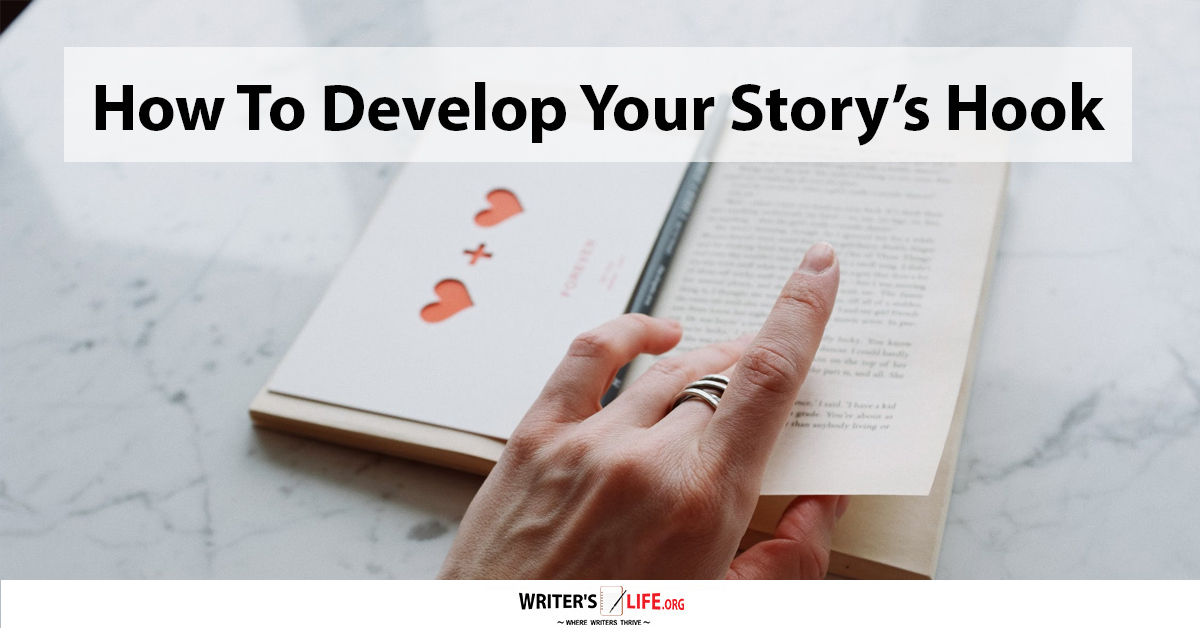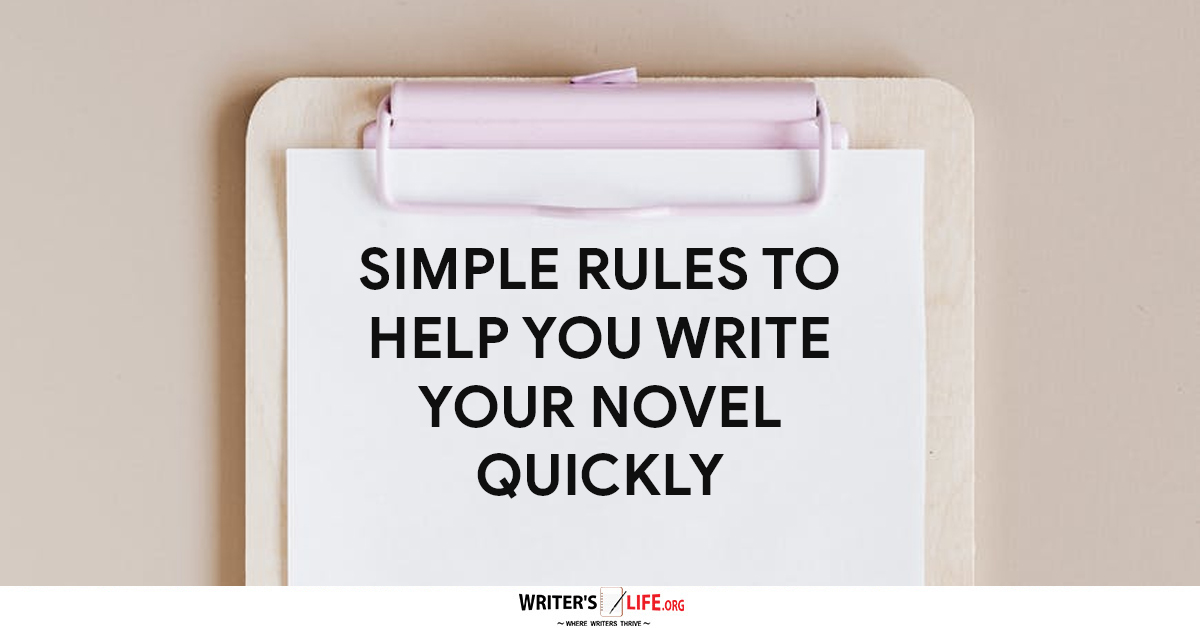- How To Tackle Jealousy In Creative Writing
- Common Submission Mistakes
- How To Stop Your Blog Becoming Boring
- The One Thing Every Successful Writer Has In Common
- How To Make Yourself Aware Of Publishing Scams
- Why Almost ALL Writers Make These Grammar Mistakes At Some Point
- 5 Tips For Authors On How To Deal With Rejection
- Top Mistakes to Avoid When Writing a Novel
- How to Avoid Common New Writer Mistakes
- 10 Mistakes New Fiction Writers Make
How To Develop Your Hook

If you want to learn how to develop your hook, read on! Writing an alluring hook is an integral part of every novel. It can make all the difference between finding an agent or publisher and struggling to get your book traditionally published.
A successful book will appeal to a mass audience, and its hook is what will draw them in and make them unable to put your story down until it's finished. So what are the things that all writers should consider when developing a hook for their novel? Here are some things to think about:
How to develop your hook - our top tips!
Does your hook create questions?
Your hook should catalyze several questions that the reader then wants to discover. If you think of the basics of storytelling, you need to cover five questions, those being: who? what? when? where? and why? Of course, these questions need to be exciting and emotive ones to hook the reader in. The difference in interest between 'who ate all the salad, and why did they do it?' to,' who killed such and such a character and why did they do it?' is obvious. You need to create compelling questions from the beginning through the way you present characters and the world they live in.
Create immediate action and push characters to make crucial decisions
If you spend too long scene-setting or revealing backstory, your readers might not care what happens by the time the action begins to unfold. Instead, it's a smart idea to immerse readers in the action immediately. By doing so, you conjure a vivid picture for your reader and suggest the world is one full of life and energy and character and occasion.
Stick to the point and don't beat around the bush
A story with an excellent hook will realize the essential details to include, and also the not so important information to leave out. By focusing on the most pressing and crucial details, the reader's attention will remain constant. If you start to describe irrelevant or uninteresting events and situations, they will quickly lose interest.
Make sure your reader can relate and that they care
A good hook will make the reader care. A reader needs to care about the characters and what happens to them for the story to work. If readers don't empathize or aren't affected emotionally by the unfolding action, they will find it hard to stick with your story.
Add mystery, intrigue, and suspense
Making sure that your hook continues to captivate your readers is by learning how to write in such a way that your story creates suspense and intrigue. Your readers don't want to know everything all at once. They want things to be revealed to them in a suspenseful way. Drama and action should build, and your readers should be drawn along, becoming more and more intrigued and desperate to find out what happens next as the story moves forward.
A great hook will entertain and fascinate your reader. Try looking through some of your favourite novels and write down what they do to catalyze particular questions. Understanding what it takes to create a great hook that captivates your audience and makes them deeply care about your characters is essential for the success of your book. So it's well worth spending some time on. Good luck!
So now you've learned how to develop your hook, why not discover what makes a story interesting?
Get A Free Writer's Toolkit By Visiting https://www.writerslife.org/gid



























